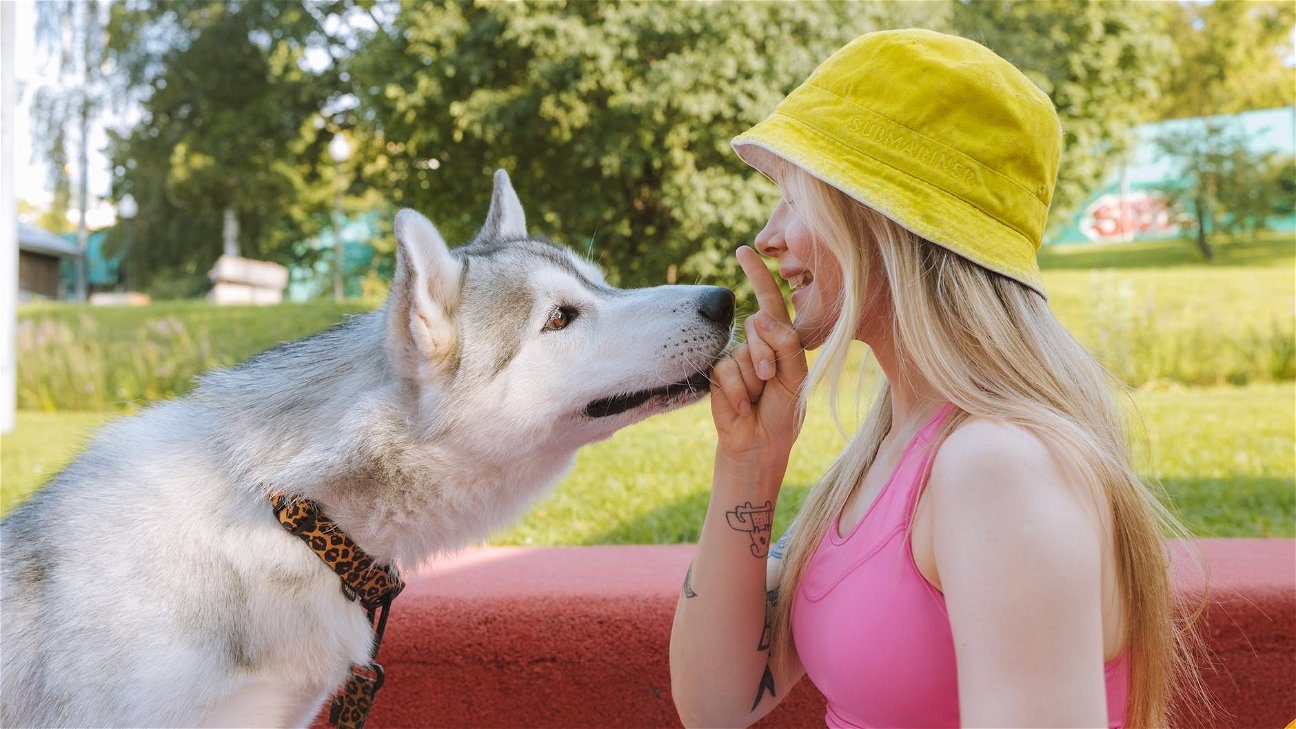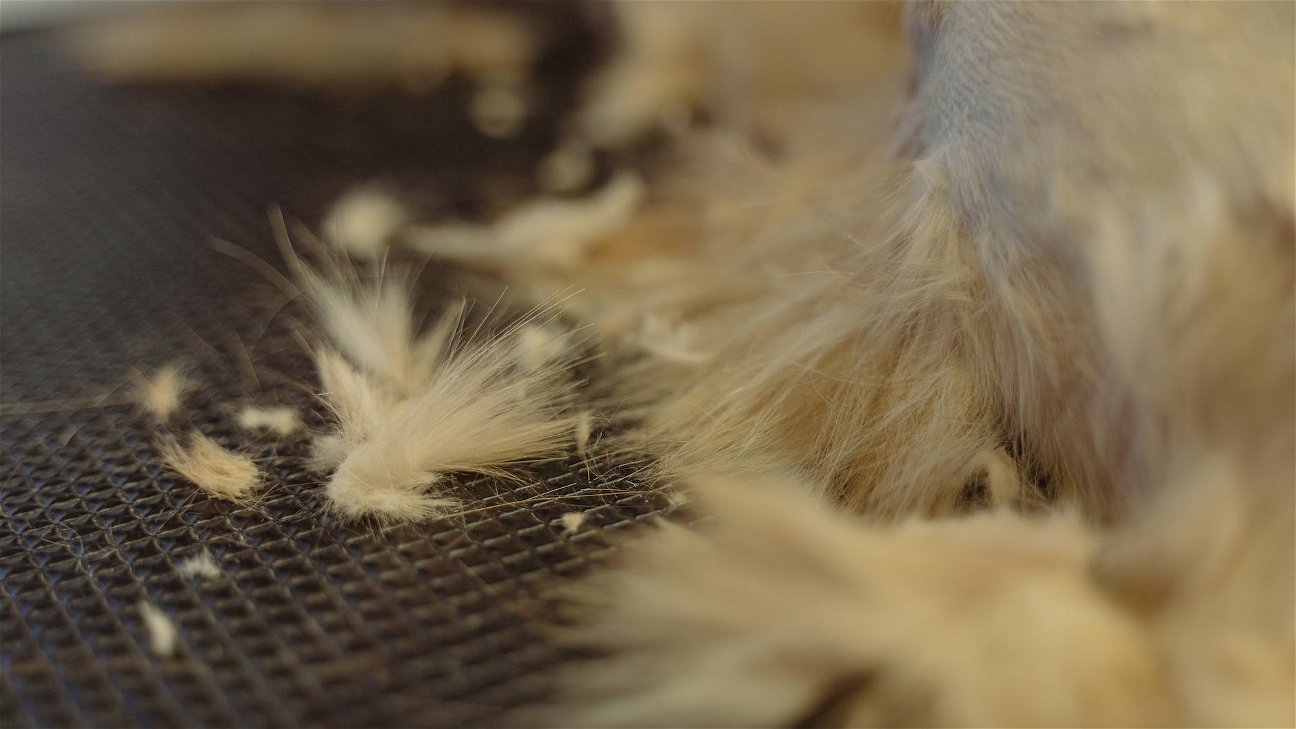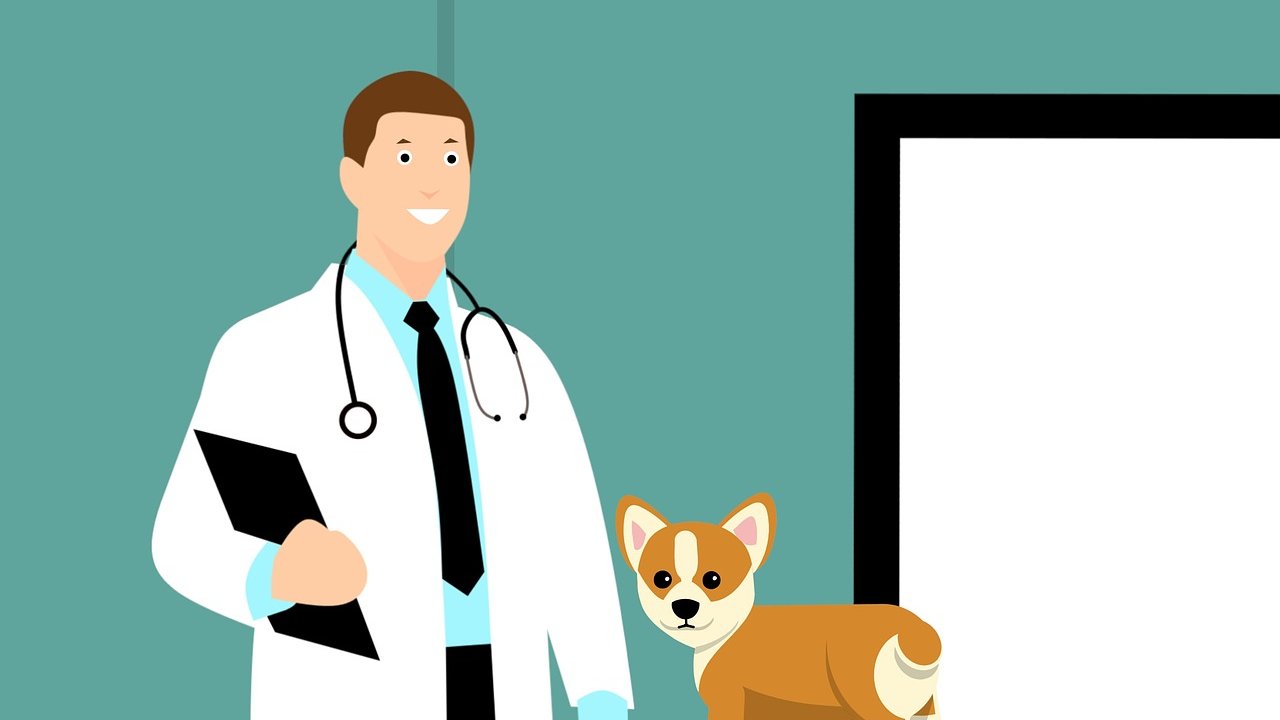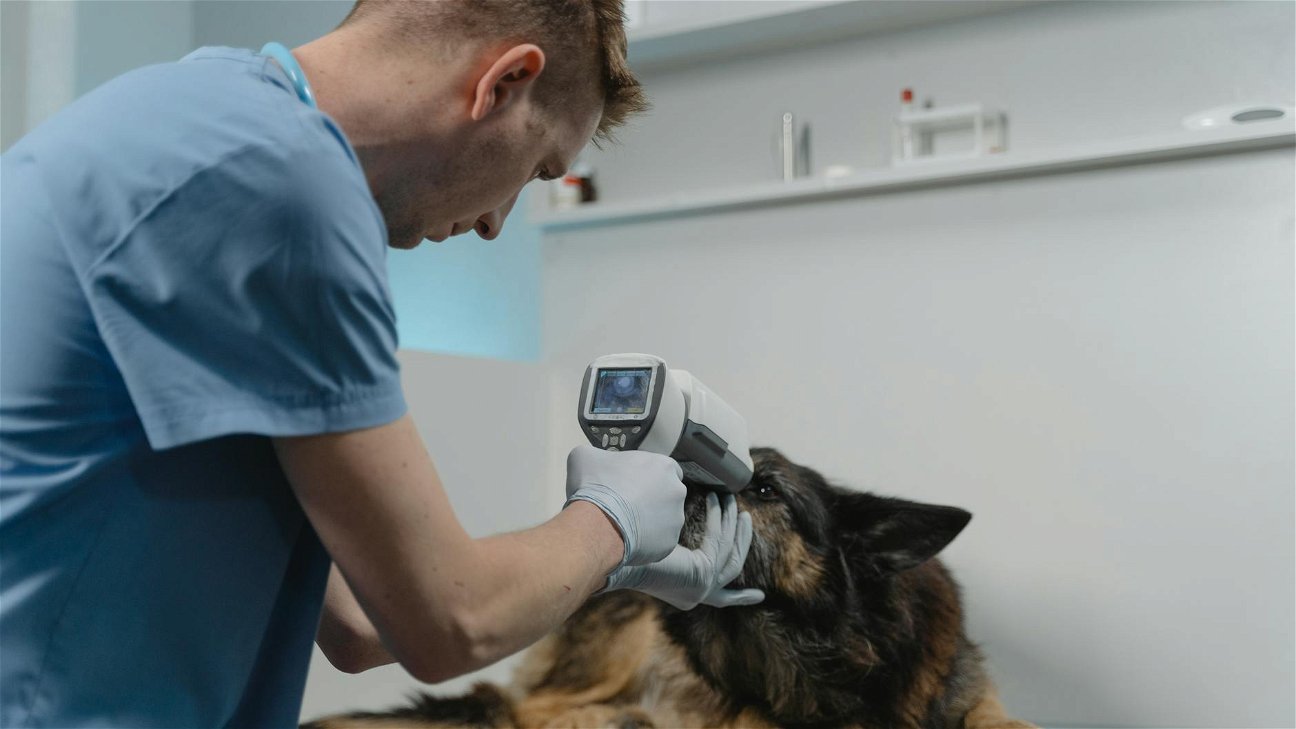
Pet birds are wonderful companions, their vibrant colors and endearing chirps bringing a touch of nature into our homes. However, ensuring their health and happiness requires understanding common health issues that plague these feathery friends, from nutritional deficiencies to behavioral troubles.
Nutritional deficiencies
Nutritional deficiencies are among the most common issues in pet birds. Birds kept in captivity often have a diet that lacks variety and essential nutrients.
-
Poor diet: Birds fed only with seeds may suffer from vitamin A and calcium deficiencies. Symptoms include weakness, dull feathers, and increased susceptibility to infections. To combat this, ensure a balanced diet that includes fresh fruits and vegetables, bird pellets, and occasional treats.
-
Obesity: Some birds, especially those with little to no exercise, may become overweight. This can lead to various health issues like heart disease and arthritis. Regular exercise and portion control can prevent obesity.
Feather plucking
Feather plucking, or self-mutilation, is a common behavioral issue in pet birds. It can be caused by boredom, stress, or underlying health issues. Enriching the bird's environment with toys, providing social interaction, and regular check-ups can help address this problem.
Respiratory infections
Respiratory infections can be caused by bacteria, fungi, or viruses. Symptoms can include nasal discharge, difficulty breathing, and loss of appetite. Maintaining clean living conditions and immediate veterinary attention at the first signs of trouble can prevent serious complications.
Psittacine beak and feather disease (PBFD)
PBFD is a viral disease that affects many species of parrots. Symptoms include abnormal feather growth and beak deformities. While there is no cure, supportive care can manage symptoms and improve quality of life.
Avian gastric yeast (AGY) infection
AGY is a common fungal infection in pet birds, especially budgerigars. Signs include regurgitation, weight loss, and apathy. Treatment usually involves antifungal medications.
Caring for pet birds involves more than just feeding and cleaning. It requires understanding their needs and behaviors and promptly addressing any health concerns. Regular vet check-ups, a nutritious diet, clean living conditions, and plenty of social interaction can go a long way in ensuring your bird lives a long, healthy life.











